New BMW 1-series review, test drive
BMW 1-series promises to be a driver-focussed luxury hatchback. Will this approach work for the company?
Published on Oct 11, 2013 11:07:00 PM
1,65,459 Views
Follow us on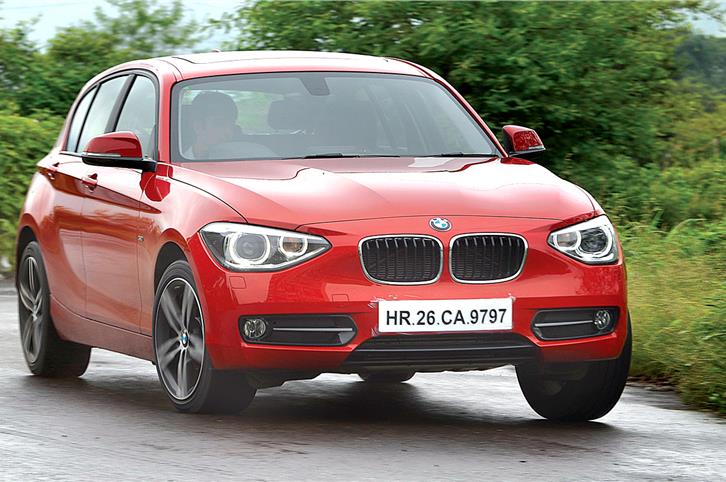
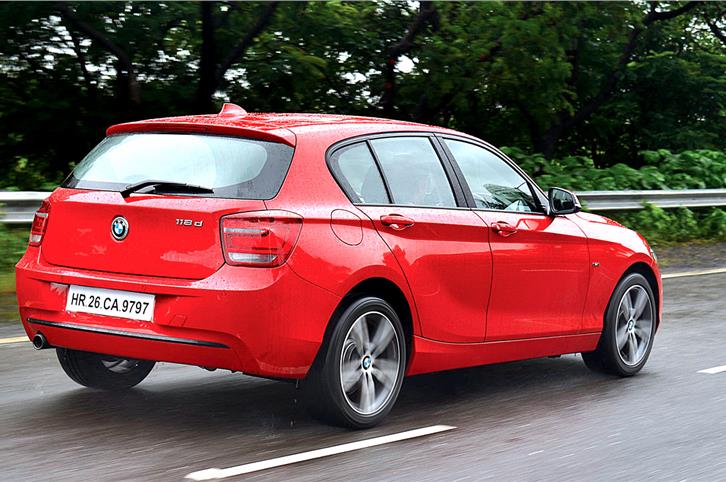
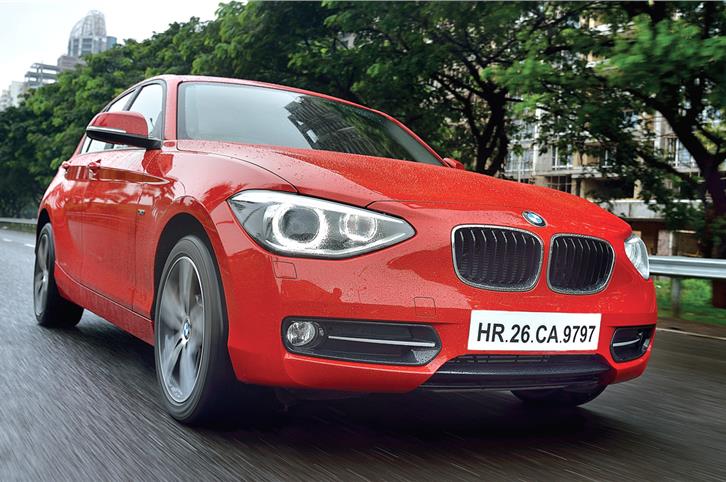
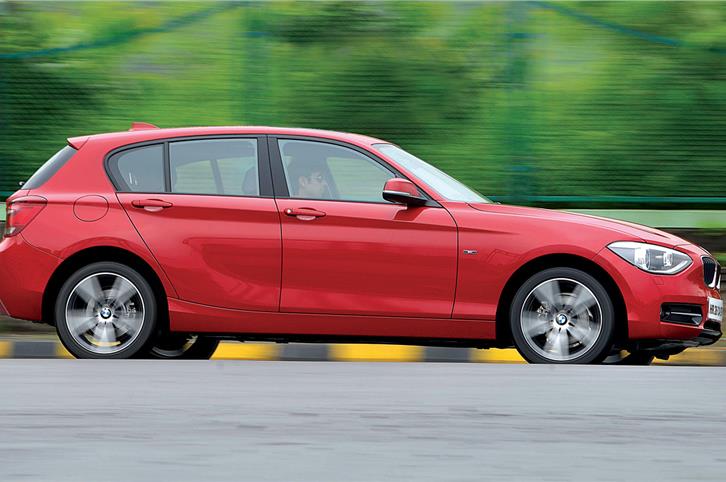
A pair of four-cylinder engines power this smallest of BMWs, one petrol and one diesel. The 1,995cc ‘N47’ diesel is a familiar one; we’ve already seen it in ‘20d’ guise in the 3-series, 5-series, X1 and X3, as well as in the 525d. However, here, in the 118d, it makes 141bhp and 32.6kgm. These figures still compare favourably with the diesel engines of its closest rivals, the A-class and the V40 Cross Country.
A pleasant surprise is that it is quite refined; almost more so than a 3-series. The NVH levels are impressively low, both at idle and on the go, and it gets harsh only near the top of the rev range. This milder state of tune suggests less aggressive turbo-charging, which means less noise.
The power delivery is smooth. This engine is incredibly linear for a diesel, and while you enjoy the almost petrol-like journey up the power band, you do miss that characteristic surge of torque that you get in the mid-range with most diesel engines.
So, is the mid-range weak? No – it’s just a bit flatter than you’d expect, and if you’re worried about being able to pull off an overtake on a whim, the gearbox is there to help. The eight-speed ZF automatic, also shared with the bigger Bimmers, works brilliantly in the 1-series. With the ‘Driving Experience Control’ switch set in the default Comfort mode, the shifts are soft and seamless, and the gearbox is still decently quick to react to pedal inputs. In Eco Pro mode, the ’box can’t wait to upshift, and even if you’re cruising at 60-70kph, that’s good enough for eighth gear
Put it in Sport or Sport+, however, and you’d better have a clear stretch of road, because the engine responses quicken and the transmission just darts through the gears. Keep your foot in, and it won’t shift up until its 4,800rpm redline. Overall, the power delivery gets in its stride at about 1,500rpm, and builds strongly till about 4,000rpm. The 118d hits 100kph in 9.02sec, just 0.4sec after the V40 and much ahead of the diesel A-class.
The petrol is a 1,598cc, direct-injection, turbocharged motor that makes a healthy 134bhp and 24.47kgm of torque on overboost. Like the diesel, it is only available with the ZF automatic and that’s a good thing. Unlike the earlier, naturally aspirated BMW petrols that loved to be revved but had weak mid-ranges, this turbo-petrol has a meaty and wide torque curve. The ZF ’box masks whatever minimal turbo lag there is and the engine will spin happily to 6,500rpm, accompanied by a nice exhaust snarl and a muted turbo whistle.
It’s quite an enthusiastic motor overall, and though it won’t set pulses racing like Skoda’s 1.8 TSI, its broad powerband makes it effortless to drive. It’s no slouch, with a reasonably quick 8.8sec 0-100kph time and a top speed of 210kph.
Copyright (c) Autocar India. All rights reserved.

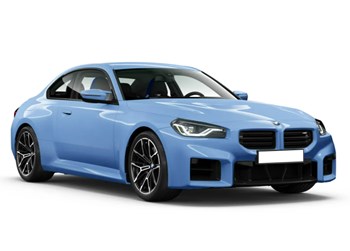
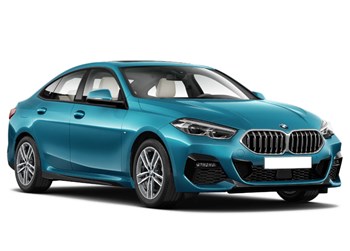
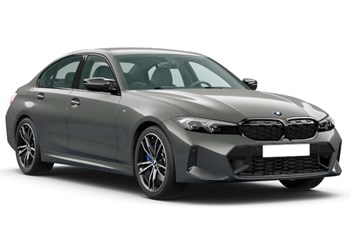
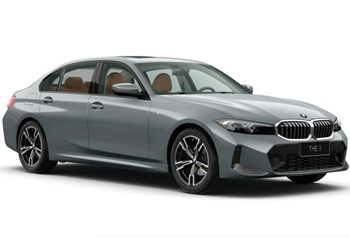
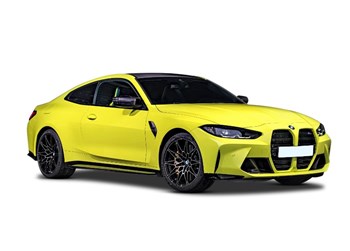
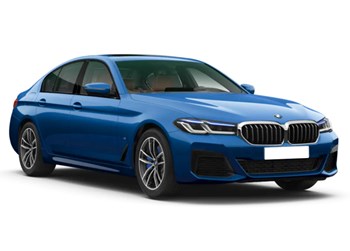
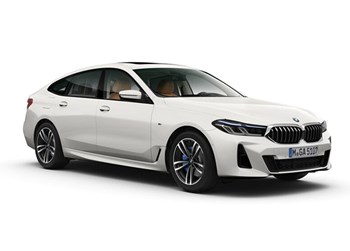
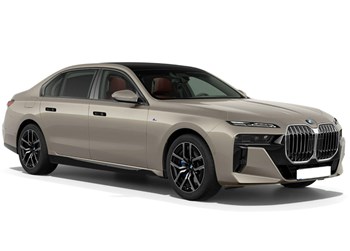
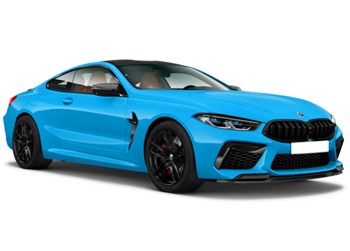
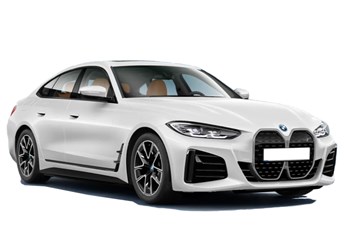
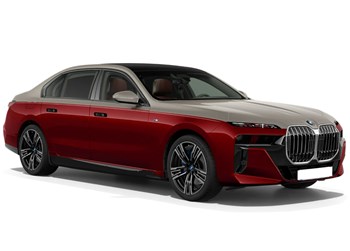
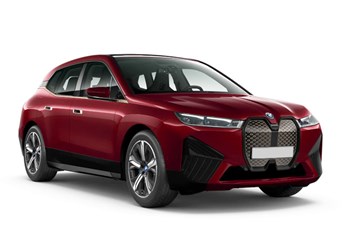
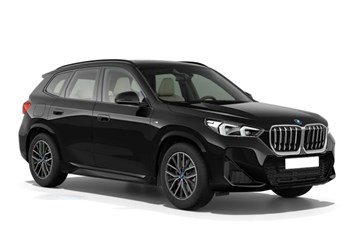
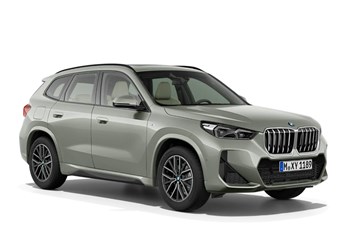
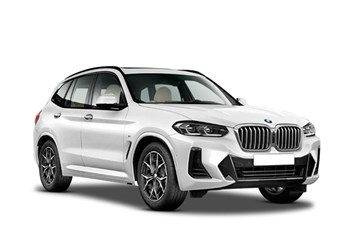
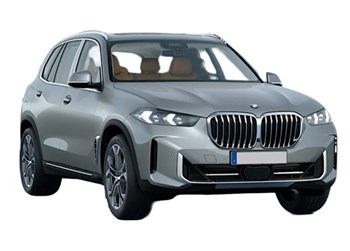
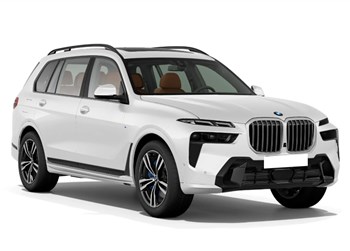
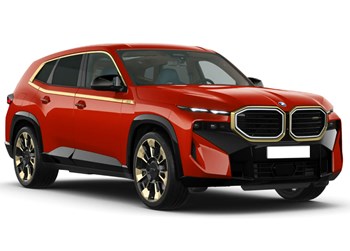
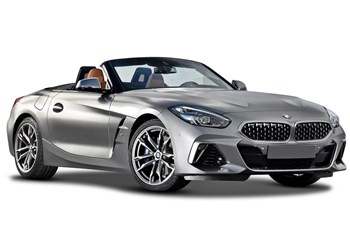







Comments
Member Login
Personal Details
No comments yet. Be the first to comment.